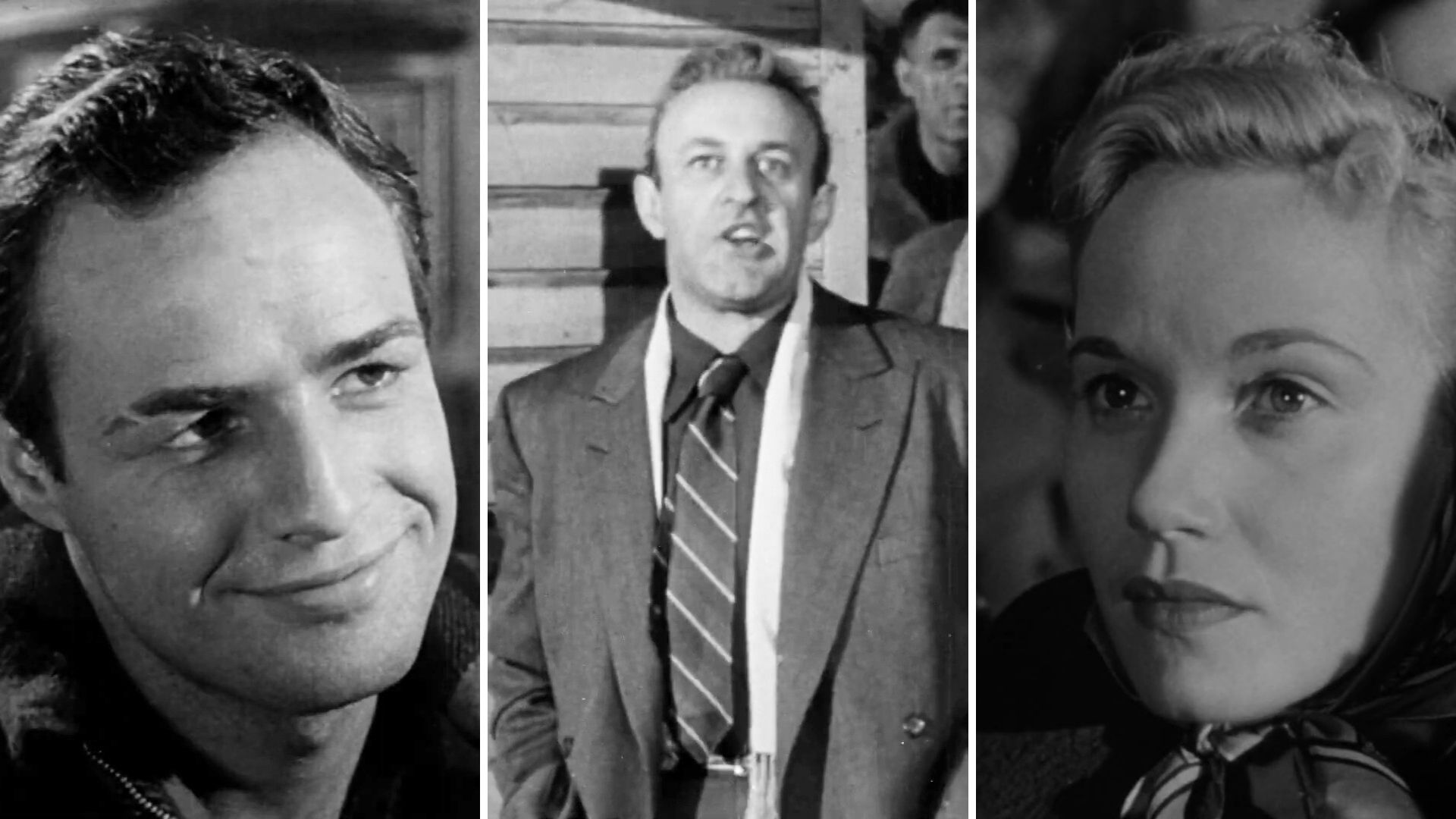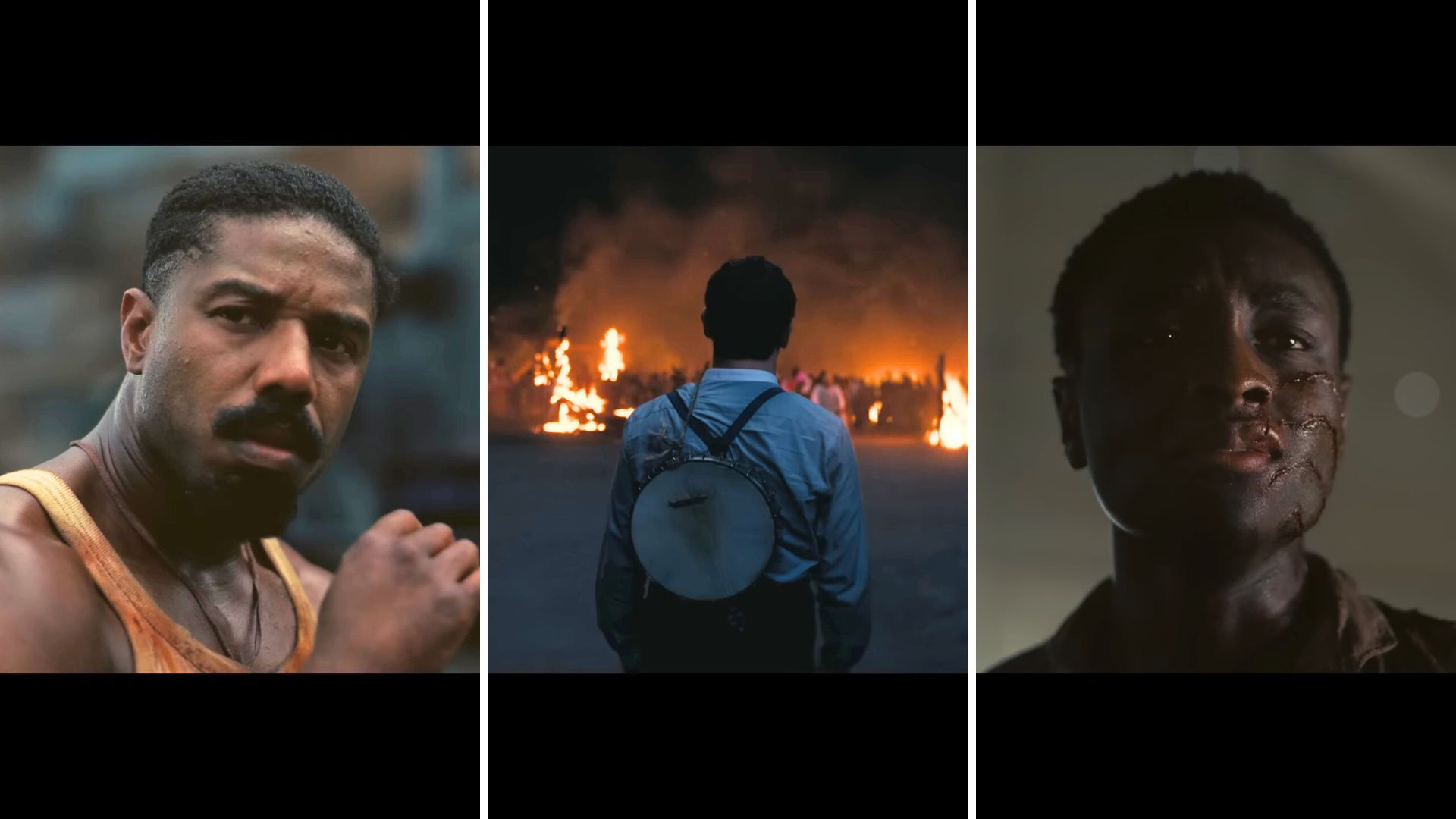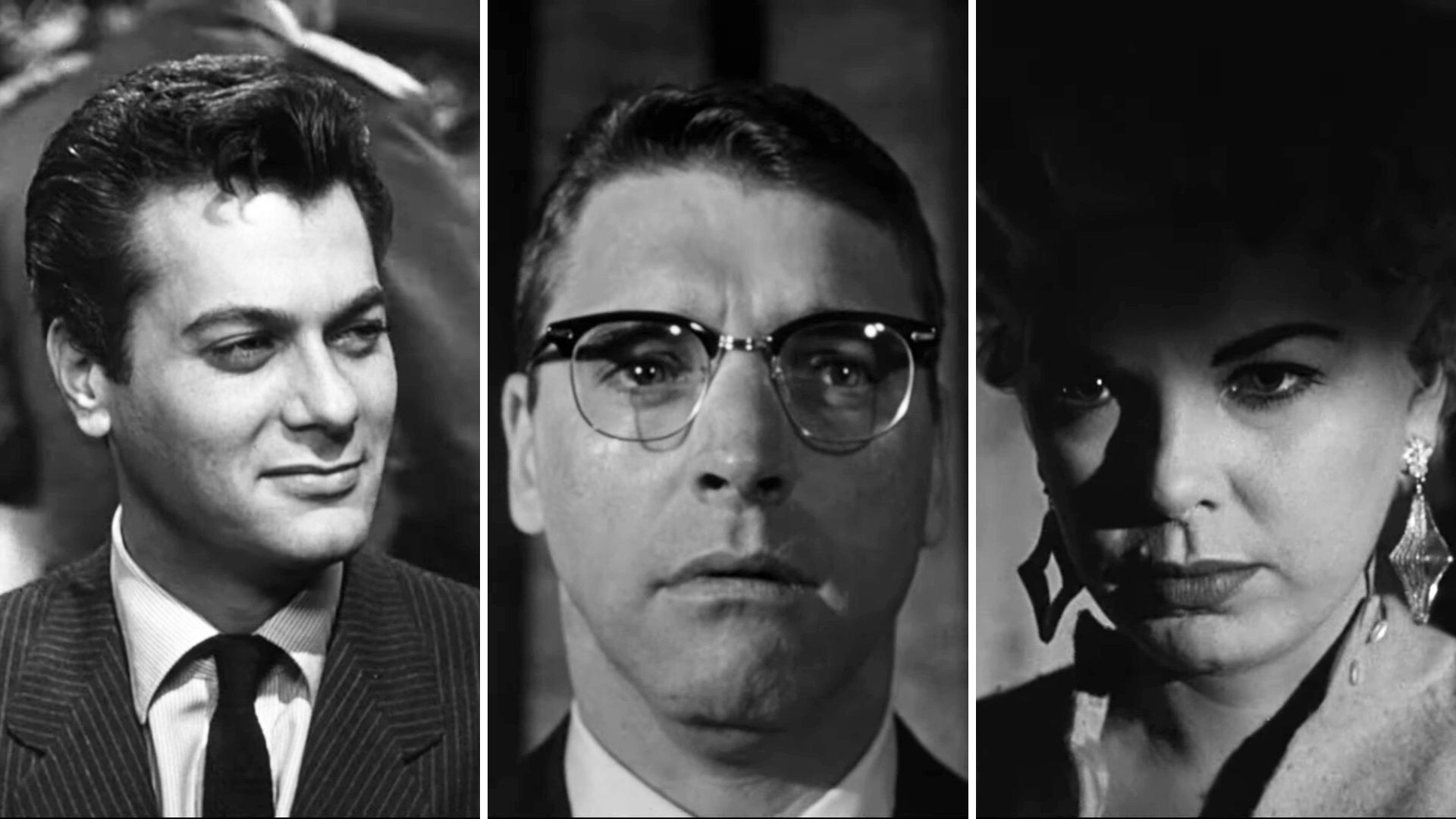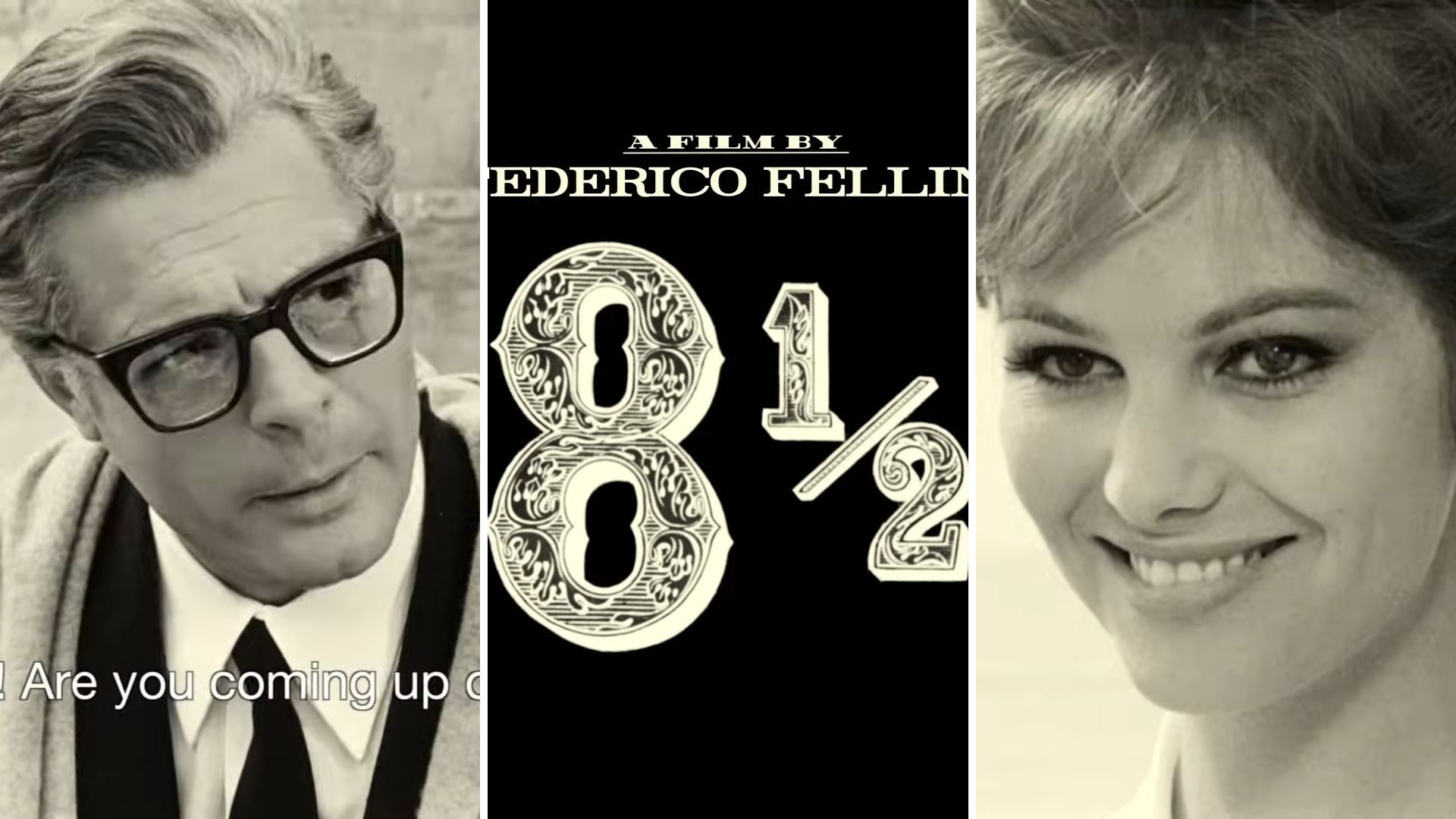
Federico Fellini’s 8 1/2 is a masterpiece in cinema and narrative expression. 8 1/2 is a film about film. More specifically, it’s a film about art and the artists who create it. The main plot follows film director Guido Anselmi as he struggles to create his new film. However, the main plot is more of a general outline of the themes Fellini is trying to convey. This becomes evident right at the opening of the film where the film’s protagonist literally floats away like a kite.
By 1963, the year of 8 1/2’s release, Fellini was already regarded as a master of Italian cinema. He had a pair of Oscar wins for his films La Strada and Nights of Cabiria, along with numerous nominations and a Palme d’Or. It’s 8 1/2 though, his most challenging and abstract film, that has proved to be the most endearing of the artist’s work.
The Struggling Artist
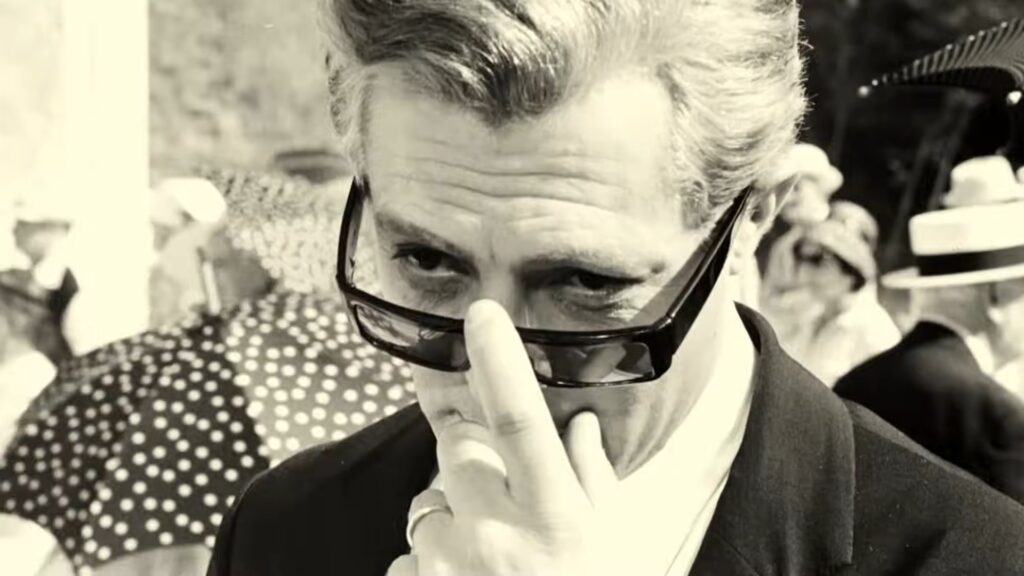
8 1/2 follows a loose narrative that constantly switches between reality and fantasy. The general plot follows a heralded film director as he attempts to make a new film with an unlimited budget and giant expectations. Guido Anselmi, the fictional director, struggles creatively to craft a new film amid personal struggles and professional expectations.
It’s revealed pretty early on in the film that Anselmi is a philanderer. He spends more of the film’s runtime hiding mistresses and fantasizing about a cabal of women under 30 than actual work. Despite a wife and partner that Guido appears to truly love, he cannot help himself from seeking outside validation.
Love is a Drug
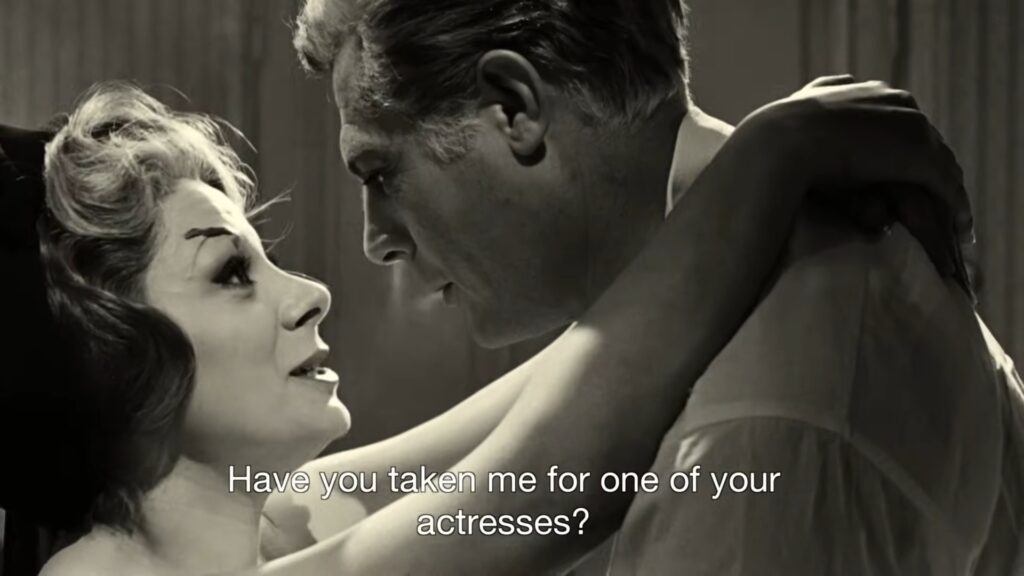
This is one of the film’s main themes. An artist who is continually looking for validation despite the mountain of adoration already bestowed upon them. An artist is only as good as their most recent work, and Guido Anselmi embodies this. Both with his work and in his personal life.
It’s important to note that Guido is never painted in an overly negative light because of his philandering ways. He is still the hero of this film. A flawed hero, but our hero nonetheless. Guido in many cases, is harder on himself than the movie is. Maybe this is Fellini being sympathetic to a character he connects with, or maybe it’s a way to soften the viewer’s opinion of the hero. Regardless, his trysts are known to everyone and rarely challenged. Except of course by his wife.
The Muse
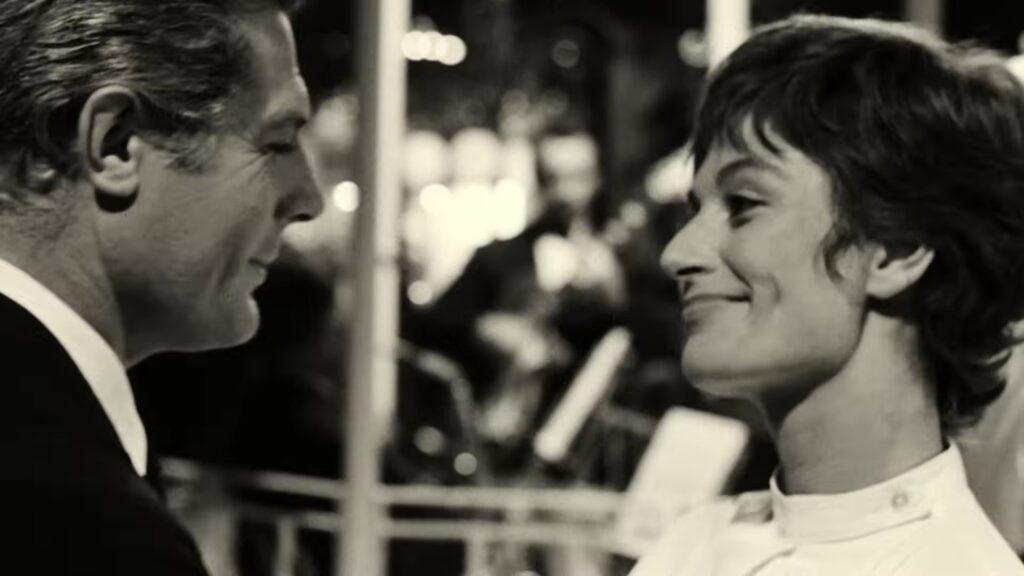
Marcello Mastroianni does a fantastic job as Guido Anselmi, the film’s star. But Anouk Aimee as his wife Luisa delivers a standout performance. Her role as a scorned estranged wife, is a difficult one to master. She must come off in the film as hurt, and angry, but not hysterical. A tough rope to balance for female actresses in the 60’s. Praise must be given to Fellini and Ennio Flaiano’s writing of the character, but its Aimee’s performance that brings the character to life.
She’s a strong woman who was once the muse to the great director. Many of the women in the film are simple charactures. There’s a washed-up showgirl, a fame-hungry actress, and a ditsy mistress. But the character of Luisa never delves into deep camp territory. She never becomes the hysterical wife, the scorned lover, or the spiteful hag. She’s the woman who challenges Guido and by doing so gives him more than he deserves.
Excess
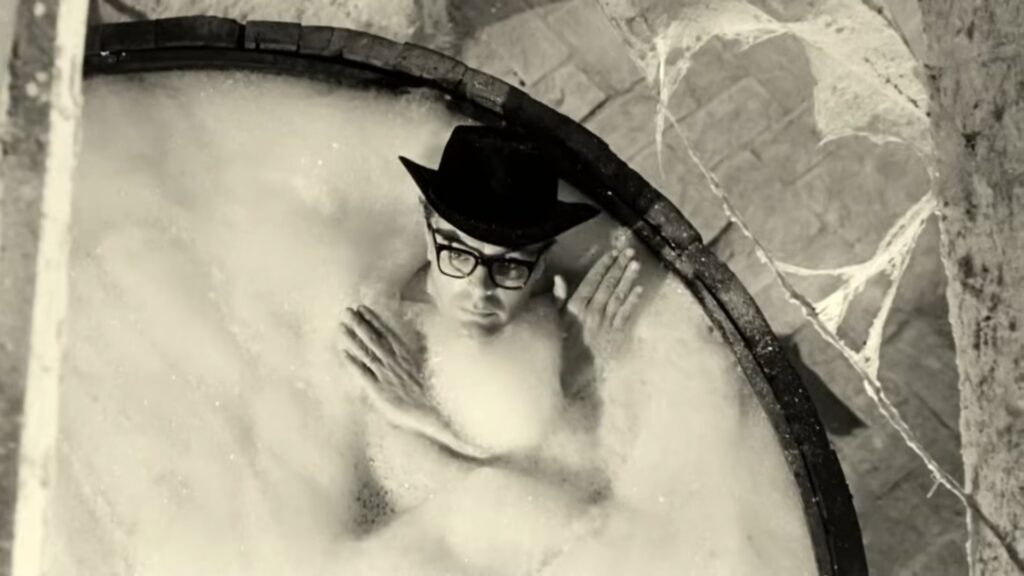
Despite a beautiful wife, flourishing career, and adoring fans, Guido always wants more. Not just more in terms of wealth and praise, but more artistically. Guido struggles throughout the film to crack the true meaning and theme of his next film. He doesn’t just want to make a spectacle. Though he does create giant million-dollar sets. He doesn’t just want beautiful women, despite his mistresses and lurid fantasies. He wants his art to mean something. Something big and grand. He wants to create art for the praise. Not because he has something to say.
The entire film 8 1/2 is about finding meaning. The director tries to find meaning in his work, relationships, and art. But it always feels out of grasp. While the film posits a fantasy-laden world and follows a wealthy famous director, the themes are universal. We are constantly searching for the next promotion. The perfect partner, the perfect house, the perfect job. But when it comes, it doesn’t satisfy the way we thought it would. Guido can’t find satisfaction in his work or life despite his incredibly forgiving wife and illustrious career. There’s just always something more that’s right of reach.
All The Women
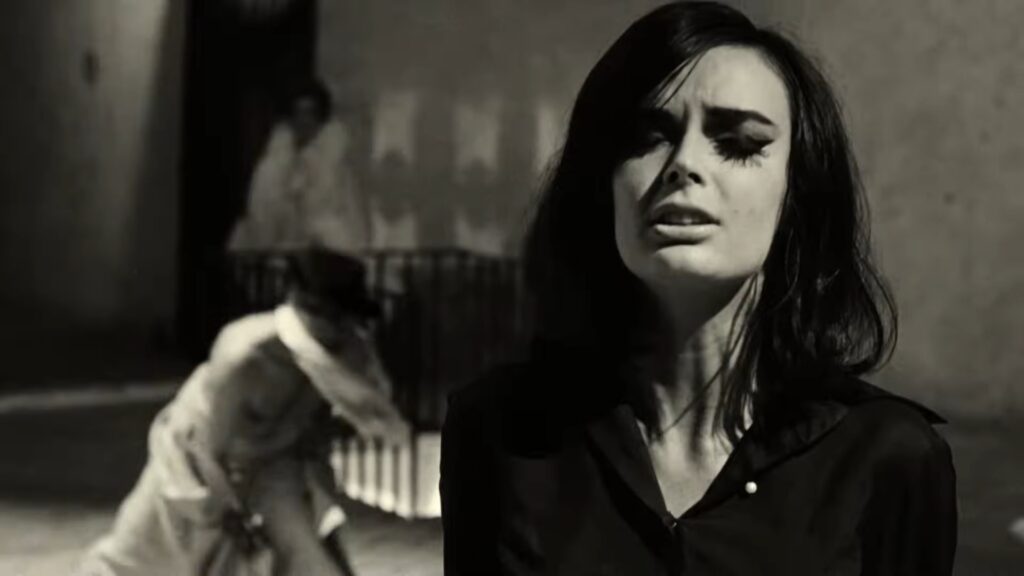
This theme of excess and a desire to be loved is portrayed perfectly in a fantasy sequence two-thirds through the film. Guido imagines himself as a casanova surrounded by doting adoring young women. They all cherish Guido and make themselves available to him at a whim. Every woman we’ve met earlier in the film is present in this fantasy. Even Guido’s wife is here, dressed as a conservative caretaker taking on a motherly role to all of Guido’s young concubines.
Eventually one of the women revolts. A showgirl who has aged out of Guido’s fantasy and must be banished upstairs to “bask in her memories” of her time spent with Guido. This leads to all the women joining in the revolt and Guido taming them, literally, with a whip. We get the sense that his fantasy isn’t just a sea of willing women. It’s the conflict as well. Guido wants chaos, he wants conflict. Because he wants to control it. In his fantasy, he is the only one wise and strong enough to control all the conflict and chaos in his life. An ability he doesn’t have in his real life.
The Perfect Woman
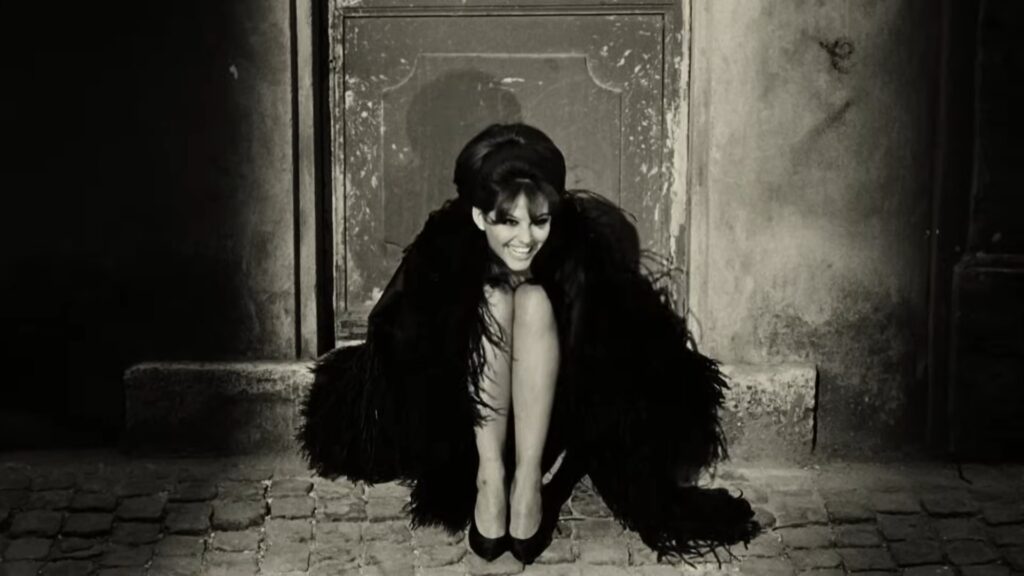
Shortly after this fantasy where Guido controls the chaos, he has an epic argument with his wife Luisa. One where she leaves and informs him this time it’s for good. On a drive, Guido runs into Claudia, the ideal woman for both his film and his life.
Claudia in this scene is both stunning and serene. She is in many ways Guido’s fantasy of an ideal woman. Attractive, soft-spoken, and talented. But she dismisses both Guido’s advancements and an opportunity to star in his film. Telling Guido the film isn’t resonating because it’s about a man who doesn’t know how to love.
How To Love
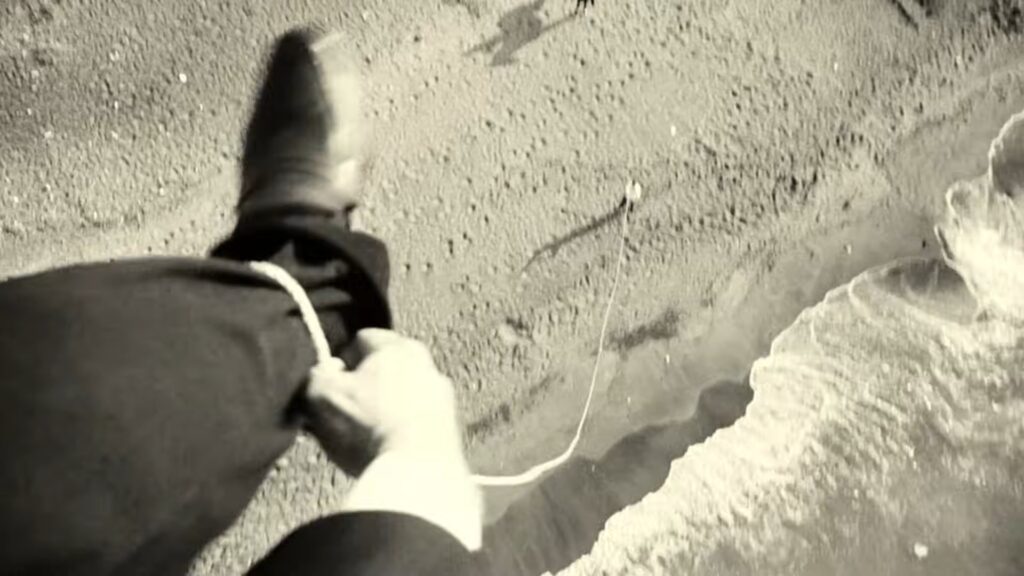
I believe this exchange in many ways is the thesis for 8 1/2. Art is about passion and pouring yourself into work. It’s about love and the artist must show love and care to his craft. But Guido, the hero and struggling artist of this film, can’t love. In his attempt to make art that people love, he’s forgotten the most important part of art. Making art that you yourself love.
Art isn’t about reception. It’s about passion and love. There is good art and bad art, but each piece of art needs to be a reflection of the artist. It can’t be made for other people, for praise or entertainment. It needs to be made as a passion piece from the artist itself. 8 1/2 is a movie about learning how to love and in turn, learning how to make art.



